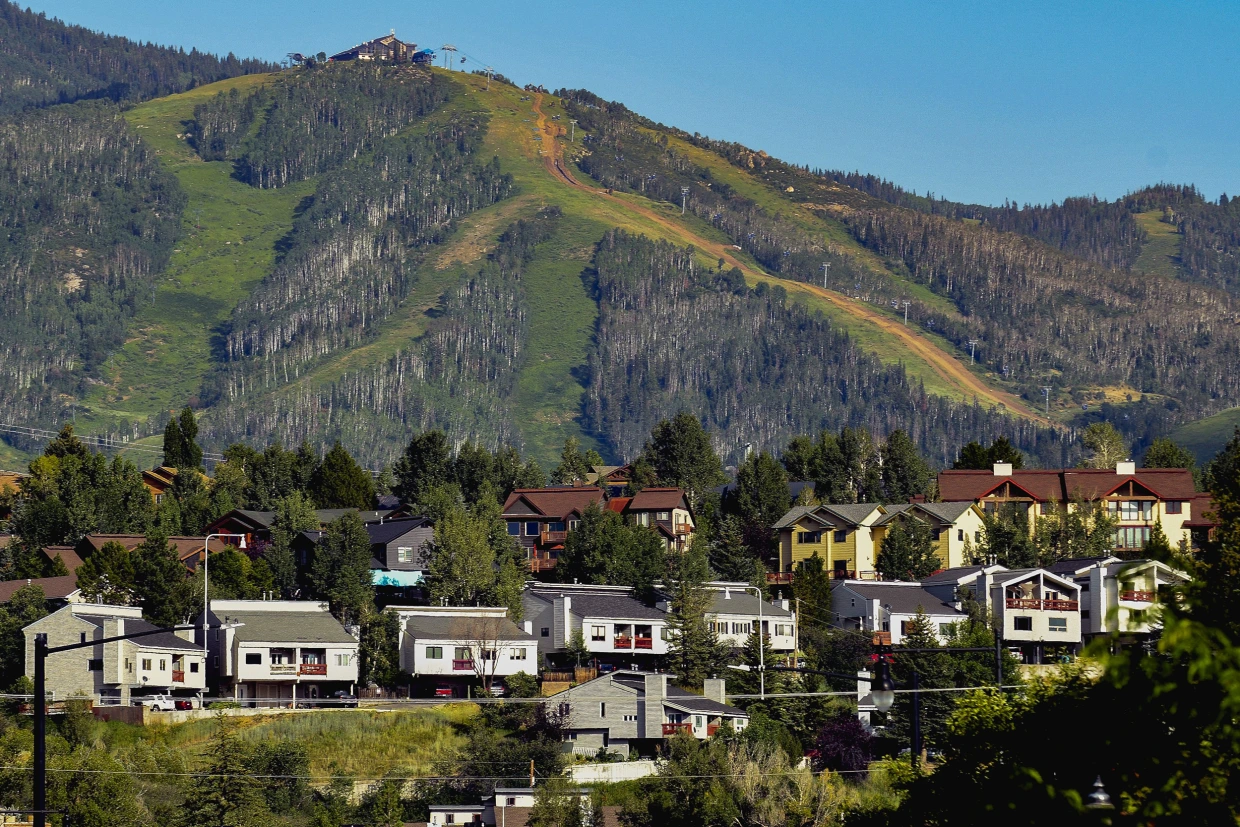STEAMBOAT SPRINGS, Colo. — Despite offering a salary of $167,000, the city of Steamboat Springs can’t find a head of human resources who can afford a place to live in the remote Colorado community surrounded by ranches and famous for training Olympic athletes.
At the Steamboat hospital, doctors willing to pay more than $1 million for a home have been repeatedly outbid by all-cash, out-of-town buyers, and housing costs have caused some positions to go unfilled for more than two years. The local ski resort has been leasing a hotel for its employees to live in as the homes they once rented are increasingly turned into short-term rentals for visitors.
“Houses used to be for employees and hotels for guests. Now houses are for guests and hotels are for employee housing,” said Loryn Duke, director of communications for the Steamboat ski resort. “We have a lot of great staff who are early in their careers or have young families, but they just aren’t able to put down those roots.”
In Steamboat, along with other mountain towns and destination communities across the country, a pandemic-fueled real estate boom driven by remote workers, second-home buyers and short-term rental investors has caused home prices to nearly double. Those prices have shown few signs of easing, despite rising interest rates and a push for remote workers to return to the office, leaving even high-income professionals struggling to find housing in small, rural communities across the country.
“I know that it’s so hard for folks outside of mountain or resort communities to even wrap their heads around, but housing is just so through the roof that unless you’re extremely wealthy, it’s unattainable,” said Margaret Bowes, executive director of the Colorado Association of Ski Towns.
But addressing the problem has created a predicament of its own, dividing residents in a battle over how to provide more housing and who should pay for it.
Local governments and state legislatures, including those in Utah and Virginia, have been at odds over restrictions on short-term rentals like Airbnbs, and ballot initiatives to add taxes to those rentals have had mixed results at the polls. When it comes to building more housing, residents have mounted opposition to some efforts over concerns about everything from traffic congestion to wildlife migration patterns.
In Steamboat, the latest battle lines have been drawn over a 534-acre ranch that the city’s housing authority purchased with a $24 million anonymous donation. Under the current proposal, the housing authority would use state and federal grants and proceeds from a recently passed tax on short-term rentals to build more than 2,200 housing units in phases. Sale and rental of the properties would be restricted to residents who meet a certain income threshold, work locally, and plan to live in the unit full-time.

“In this environment where there’s always going to be significant amounts of demand, we have to deal with it on the supply side, and our supply side just has not kept up year over year over year over year,” said Jason Peasley, director of the Yampa Valley Housing Authority, which would oversee the development.
The project, called Brown Ranch, has been met with opposition from a group of local residents who have raised concerns about its financing and the impact on traffic and local infrastructure, along with what it could mean for the character of the community.
During a city council meeting in October that stretched into the early-morning hours, dozens of residents spoke for and against the project, with supporters pleading for affordable housing and opponents urging the city to scale back the plans or take more time to study the impact. In the end, a divided city council voted to approve the Brown Ranch plan. But opponents collected more than 1,000 signatures to get the development placed on the ballot on March 26, leaving the final decision up to voters.

Leave a Reply